Almost immediately after the authors of the “Pandora Papers” report released it on October 3, revelations of wrongdoing by powerful public figures, including in Russia, began reverberating within and beyond capitals. The catalogue of nearly 12 million leaked confidential records from firms in the offshore financial services industry documented how the wealthy and well-connected buy influence and shield their assets.
Also since Sunday, Russian state media have been amplifying some of the project’s most troubling findings — including the United States’ emergence as a leading destination for sheltering dark money — while simultaneously trafficking in conspiracies about the origin of the leaks. State-controlled media have repeatedly boosted skepticism over the absence of U.S. officials in the documents, suggesting that Western leaders might have been “screened out” from the data and that “recurring peculiarities” point to “Washington’s hand behind” the disclosures. In some cases, state-controlled media outlets have gone as far as to promote the idea that the revelations are a “political ploy” and the work of Western intelligence agencies, including the Central Intelligence Agency.
In its efforts to use the revelations as a means to discredit democratic governments, Moscow has also been highlighting details of wrongdoing by Latin American heads of state, including the presidents of Ecuador, Chile, and the Dominican Republic and the vice president of Colombia, among others. This focus on Latin America is in part because more than 90 of the more than 330 politicians and public officials identified in the data are from the region. But it also belies a focus on reaching a part of the world where Russia has frequently sought to advance its geopolitical interests, including, in recent months, using concerted information manipulation campaigns.
The Kremlin has pursued this line of attack despite, or perhaps because, of the fact that the records expose individuals that investigators have suggested are linked to Russian President Vladimir Putin. The consortium of researchers identified nearly 3,700 companies with more than 4,400 beneficiaries who were Russian nationals, among them 46 oligarchs — the highest among all nationalities represented in the data. Russian state media circulated claims of innocence from individuals implicated in the report, while discrediting it as “Soros-funded.” This approach is not unusual for the Kremlin. Throughout the COVID-19 pandemic, for example, state-controlled outlets have regularly published content critical of public health measures in other countries that Russia has itself adopted.
The investigation, which is the result of a massive collaboration among more than 600 journalists from 150 media outlets in over 115 countries, is emblematic of the role that vibrant civil societies play in speaking truth to power and keeping citizens informed. To that end, it adds evidence to the argument that geopolitical competition is rooted in a clash of systems between openness and authoritarianism — in part because for autocrats, liberal systems are inherently threatening. As my Brookings colleague Tom Wright has observed elsewhere, journalists expose their wrongdoings, good governance advocates challenge their legitimacy, and a free and open internet loosens their grip over information.
The Kremlin’s response highlights important facets of its evolving information strategy, which includes using Western alt-media outlets and influencers as a vector for peddling conspiracy theories that cast doubt on official versions of political events — in part to deflect blame and in part to depress trust in institutions within target societies. It also demonstrates an emphasis on amplifying factual information to promote narratives that denigrate democratic governments, using a massive state-controlled online media apparatus.
This has important implications for policymakers looking for avenues to push back on recent autocratic advances. It suggests that a global campaign to root out corruption and kleptocracy should be a pillar of that effort. That’s because corruption is an Achilles heel for autocratic — and democratic — governments. Exposing the failures and false promises of kleptocratic regimes while simultaneously closing the avenues they use to interfere in democratic processes, making it harder for them to draw damaging equivalences, and helping democratic governments deliver on their promise is both good offense and good defense. The episode also suggests the need for greater policymaker focus on the use of information manipulation by Russia and its proxies — not just in the Kremlin’s backyard, but in ours.


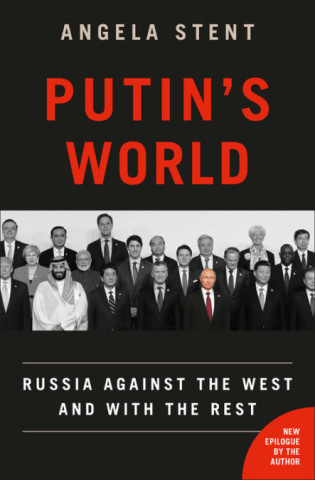
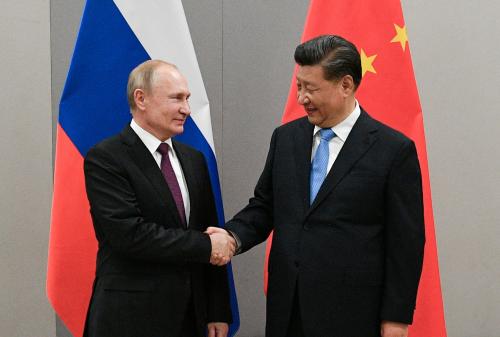

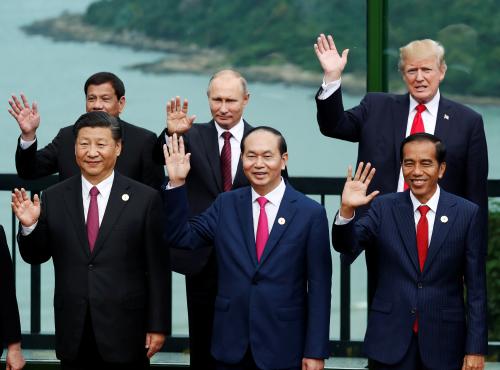


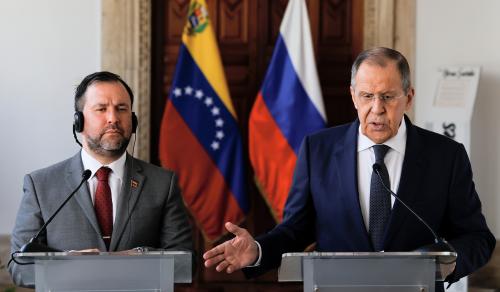
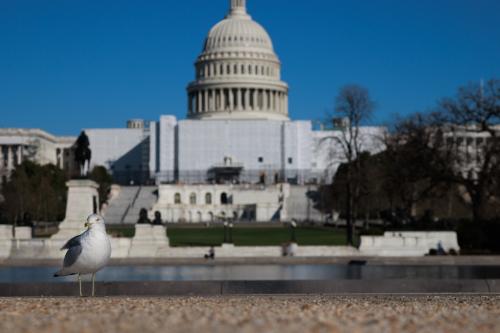
Commentary
Repackaging Pandora: How Russia’s information apparatus is handling a massive leak of data on offshore finance
October 8, 2021